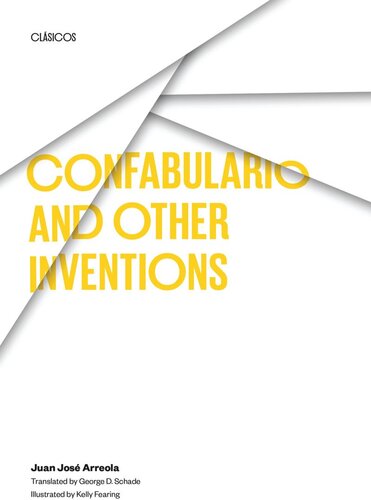

Most ebook files are in PDF format, so you can easily read them using various software such as Foxit Reader or directly on the Google Chrome browser.
Some ebook files are released by publishers in other formats such as .awz, .mobi, .epub, .fb2, etc. You may need to install specific software to read these formats on mobile/PC, such as Calibre.
Please read the tutorial at this link: https://ebookbell.com/faq
We offer FREE conversion to the popular formats you request; however, this may take some time. Therefore, right after payment, please email us, and we will try to provide the service as quickly as possible.
For some exceptional file formats or broken links (if any), please refrain from opening any disputes. Instead, email us first, and we will try to assist within a maximum of 6 hours.
EbookBell Team

4.4
102 reviewsThis biting commentary on the follies of mankind by a noted Mexican author cuts deeply yet leaves readers laughing—at themselves as well as at others. With his surgical intelligence, Juan José Arreola exposes the shams and hypocrisies, the false values and vices, the hidden diseases of society. Confabulario total, 1941–1961, of which this book is a translation, combines three earlier books—Varia invención (1949), Confabulario (1952), Punta de plata (1958)—and numerous later pieces. Although some of the pieces have a noticeably Mexican orientation, most of them transcend strictly regional themes to interpret the social scene in aspects common to all civilized cultures. Arreola’s view is not limited; much of his sophistication comes from his broad, deep, and varied knowledge of present and past, and from his almost casual use both of this knowledge and of his insight into its meaning for humanity. His familiarity with many little-known arts and sciences, numerous literatures, history, anthropology, and psychology, and his telling allusions to this rich lode of fact, increase the reader’s delight in his learned but witty, scalding but poetic, satire.